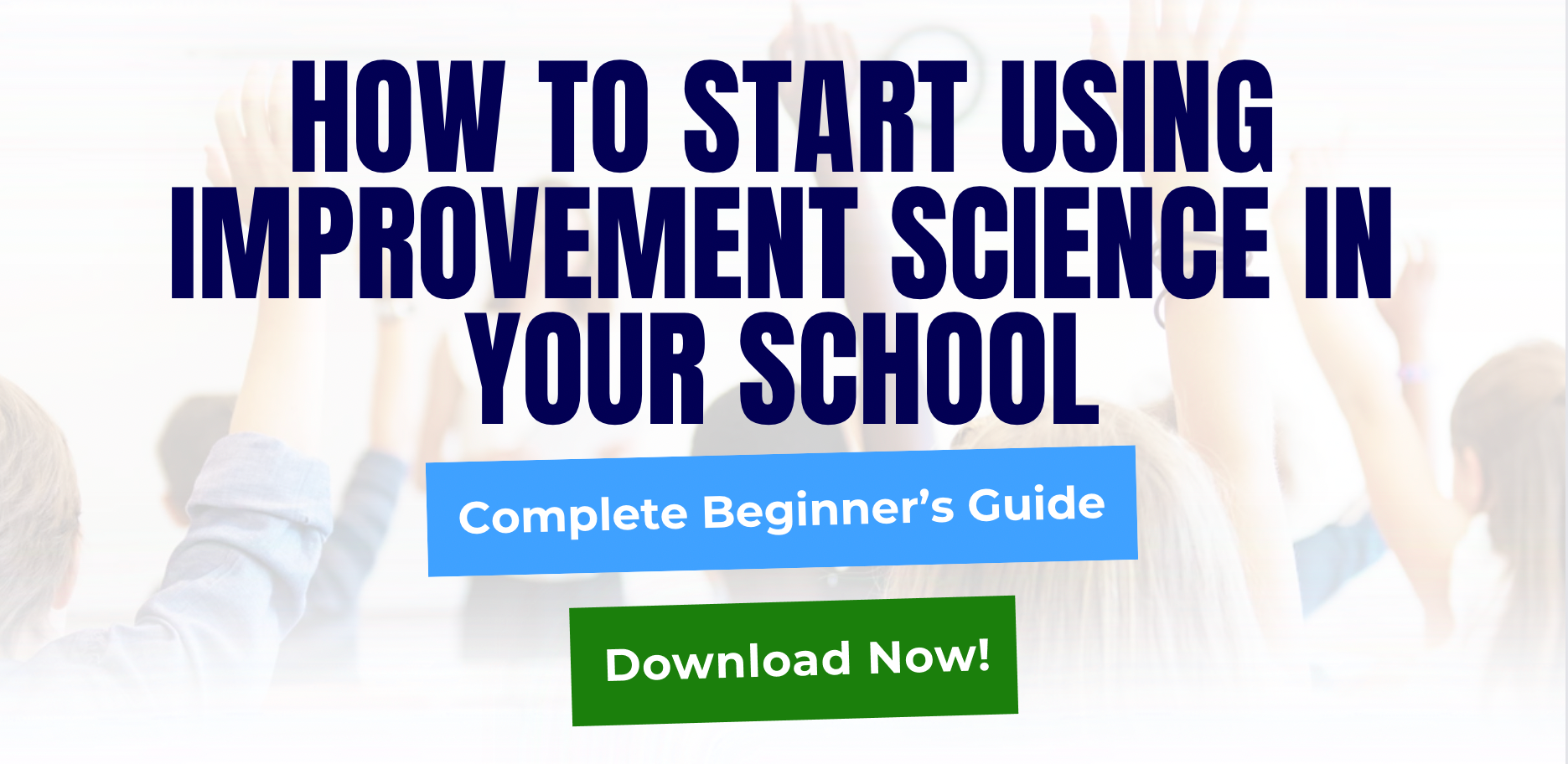Make your students excited to come to school.
Apply now for our Science of Improvement in Education Online Course to learn the problem-solving skills you need to lead.
Apply now for our Science of Improvement in Education Online Course to learn the problem-solving skills you need to lead.
Learn a research-based method to school improvement
Accelerate skills as a problem-solver
Act on a significant problem in your school/district that you select
Connect and learn with a cohort of peers from across the country
*This is not a webinar!
Through a virtual format, participants will get a fresh take on how to approach school improvement planning and, most importantly, do school improvement.
Learn how to look beneath the surface of the most vexing problems standing in the way of students’ success in your school or district.
Choose one of those vexing problems and apply improvement methods to achieve a better outcome.
Develop your skills as a problem-solver to be able to tackle current and future improvement challenges.
To successfully earn a certificate of completion for the improvement scence course, you are required to:
Attend all virtual sessions (Session recordings will be provided)
Submit all independent learning activities
Submit pre-course and end-of course surveys
The eight-week course is anchored by six 120-minute virtual learning sessions that fit into the schedule of full-time educators. Each session will consist of group discussion, introduction to an improvement science concept/tool, hands-on practice, questions/ answers and a preview of the independent learning activity. Our next enrollment period begins in December and classes begin in Spring 2025.
READING
Each session will include short readings that support and extend learning.
DIGITAL WORKBOOK
The workbook includes pages for note-taking during webinars, resources, and instructions and templates for learning activities.
Studies found that Schools That Lead’s Networked Improvement Communities (NIC) is a strong model for school improvement, effectively addressing issues such as chronic absenteeism and poor course performance in North Carolina schools.
Find out how Schools That Lead can support your school's success.
Join us at no cost for the first session! Should you choose to continue, the cost is $500.00 per participant for the complete 8-week virtual experience. This includes all materials and up to three individual coaching sessions per participant.
The first 10 applicants receive a 20% discount!
